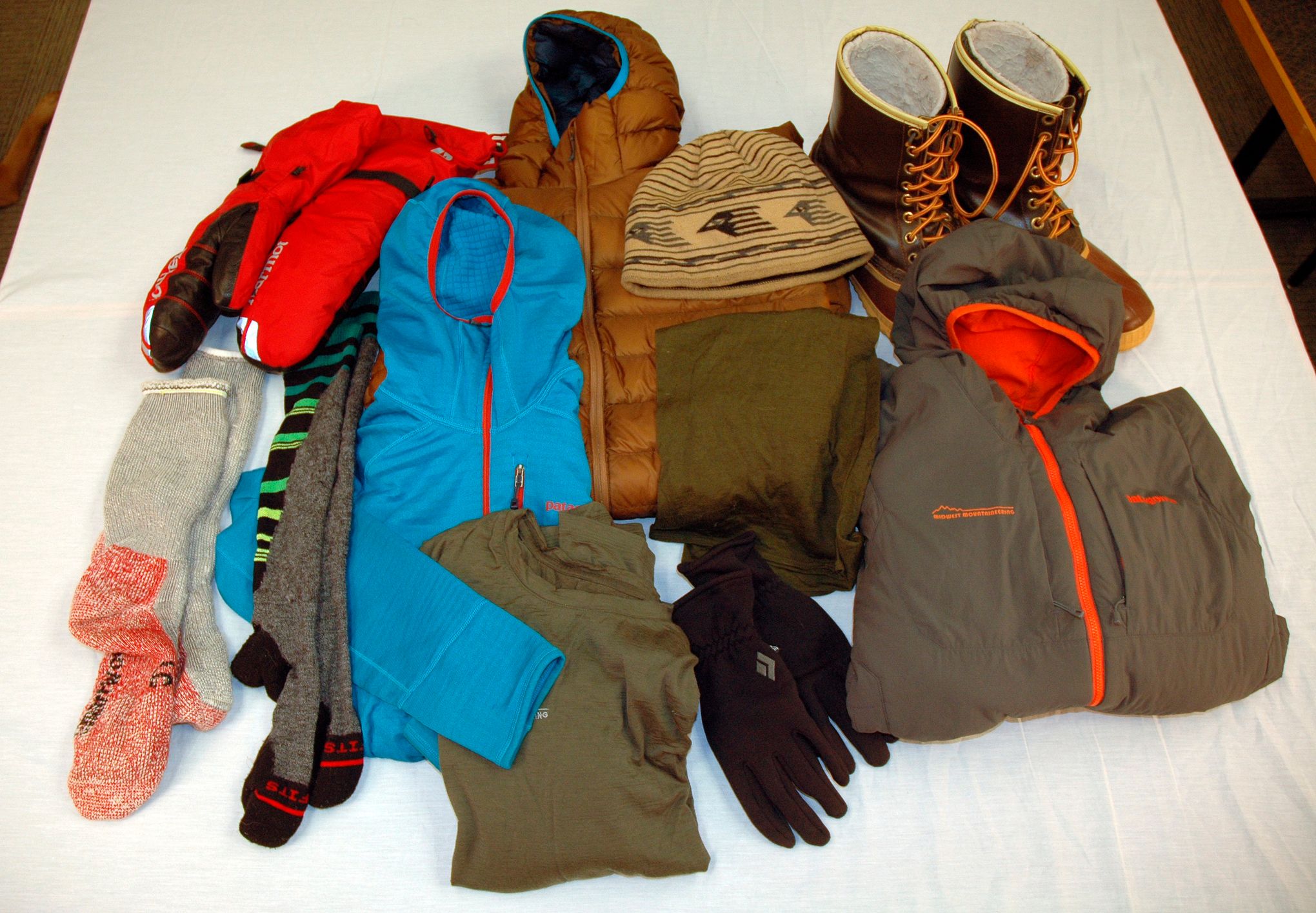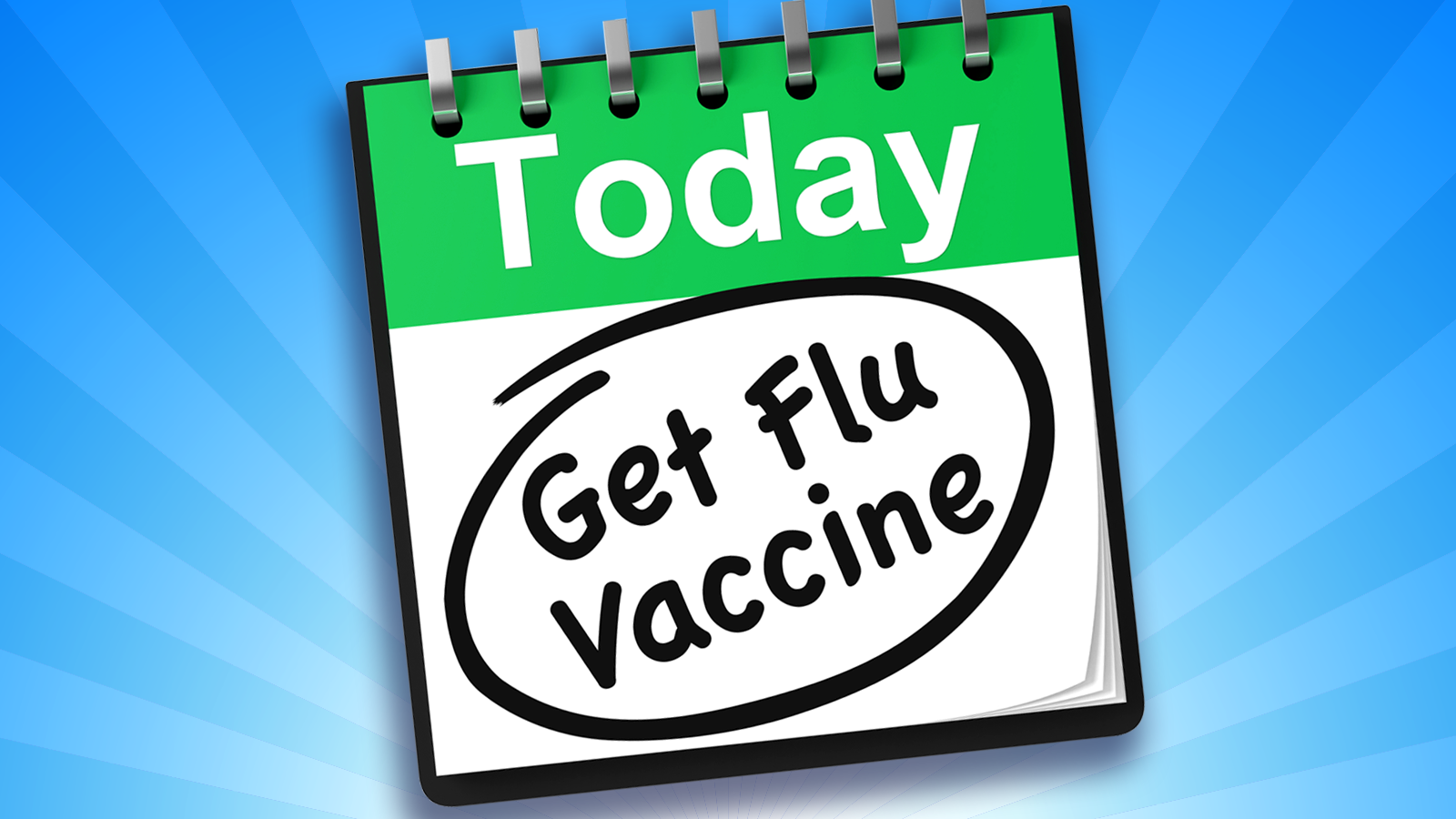
Winter can be a beautiful and magical time of the year, but it also brings its fair share of challenges. From freezing temperatures to icy roads, it’s important to take steps to protect yourself during this season. In this article, we will share 12 of the best tips to help you stay safe and healthy during the winter months.
- 1. Dress in Layers
- 2. Keep Your Home Warm
- 3. Stay Hydrated
- 4. Protect Your Skin
- 5. Eat a Balanced Diet
- 6. In winter, Exercise Regularly
- 7. Take Care of Your Mental Health
- 8. Practice Safe Driving in Winter
- 9. Protect Your Feet
- 10. Be Prepared for Power Outages
- 11. Watch for Signs of Hypothermia and Frostbite
- 12. Get a Flu Shot
1. Dress in Layers
Layering your clothing is key to staying warm in winter. Start with a moisture-wicking base layer, add an insulating layer, and top it off with a waterproof and windproof outer layer. This will help trap heat and keep you comfortable in any weather.

2. Keep Your Home Warm
Ensure that your home is properly insulated to keep the cold air out and the warm air in. Use weatherstripping to seal any gaps around windows and doors, and consider investing in insulation for your walls and attic. This will not only keep you cozy but also help you save on energy bills.
3. Stay Hydrated
It’s easy to forget to drink enough water during the winter, but staying hydrated is just as important as in any other season. Cold air can be dehydrating, so make sure to drink plenty of fluids throughout the day. Herbal teas and warm soups are also great options to keep you hydrated and warm.
4. Protect Your Skin
The cold and dry air of winter can be harsh on your skin. To protect it, use a moisturizer with SPF during the day and a heavier, hydrating cream at night. Don’t forget to apply lip balm to prevent chapped lips, and consider wearing gloves and scarves to shield your face from the cold wind.

5. Eat a Balanced Diet
A healthy diet is essential for maintaining a strong immune system, especially during the winter months. Include plenty of fruits, vegetables, whole grains, and lean proteins in your meals. Foods rich in vitamin C, such as citrus fruits and leafy greens, can also help boost your immune system.
6. In winter, Exercise Regularly
Regular exercise not only keeps you physically fit but also helps improve your mood and overall well-being. Find indoor activities you enjoy, such as yoga or dancing, or bundle up and go for a brisk walk outside. Just make sure to dress appropriately and stay safe on slippery surfaces.
7. Take Care of Your Mental Health
Winter can sometimes bring feelings of sadness and isolation. Stay connected with loved ones, engage in activities that bring you joy, and consider seeking professional help if you’re struggling with your mental health. Remember, it’s okay to ask for support when you need it.
8. Practice Safe Driving in Winter
If you live in an area with snow and ice, it’s crucial to practice safe driving habits. Clear all snow and ice from your vehicle before hitting the road, drive slowly and cautiously, and leave plenty of space between you and the car in front of you. Consider using winter tires for better traction.

9. Protect Your Feet
Keeping your feet warm and dry is essential during the winter. Wear insulated and waterproof boots to prevent frostbite and slips on icy surfaces. Wool or thermal socks can provide additional warmth and moisture-wicking properties.
10. Be Prepared for Power Outages
Winter storms can sometimes lead to power outages. Be prepared by having a supply of non-perishable food, bottled water, flashlights, batteries, and blankets. It’s also a good idea to have a backup generator or alternative heating source, but always follow safety guidelines.
11. Watch for Signs of Hypothermia and Frostbite
Learn the signs of hypothermia and frostbite, as these conditions can be dangerous if left untreated. Symptoms of hypothermia include shivering, confusion, and drowsiness, while frostbite may cause numbness, tingling, and a pale appearance in the affected area. Seek medical help if you experience any of these symptoms.
12. Get a Flu Shot
Winter is flu season, so getting a flu shot is an important step to protect yourself and others. Consult with your healthcare provider to determine the best time and type of flu vaccine for you. Additionally, practicing good hand hygiene and avoiding close contact with sick individuals can help reduce the risk of getting the flu.

By following these 12 tips, you can protect yourself and stay healthy during the winter season. Remember to dress in layers, keep your home warm, stay hydrated, protect your skin, eat a balanced diet, exercise regularly, take care of your mental health, practice safe driving, protect your feet, be prepared for power outages, watch for signs of hypothermia and frostbite, and get a flu shot. Stay safe and enjoy the beauty of winter!
Like & Share





